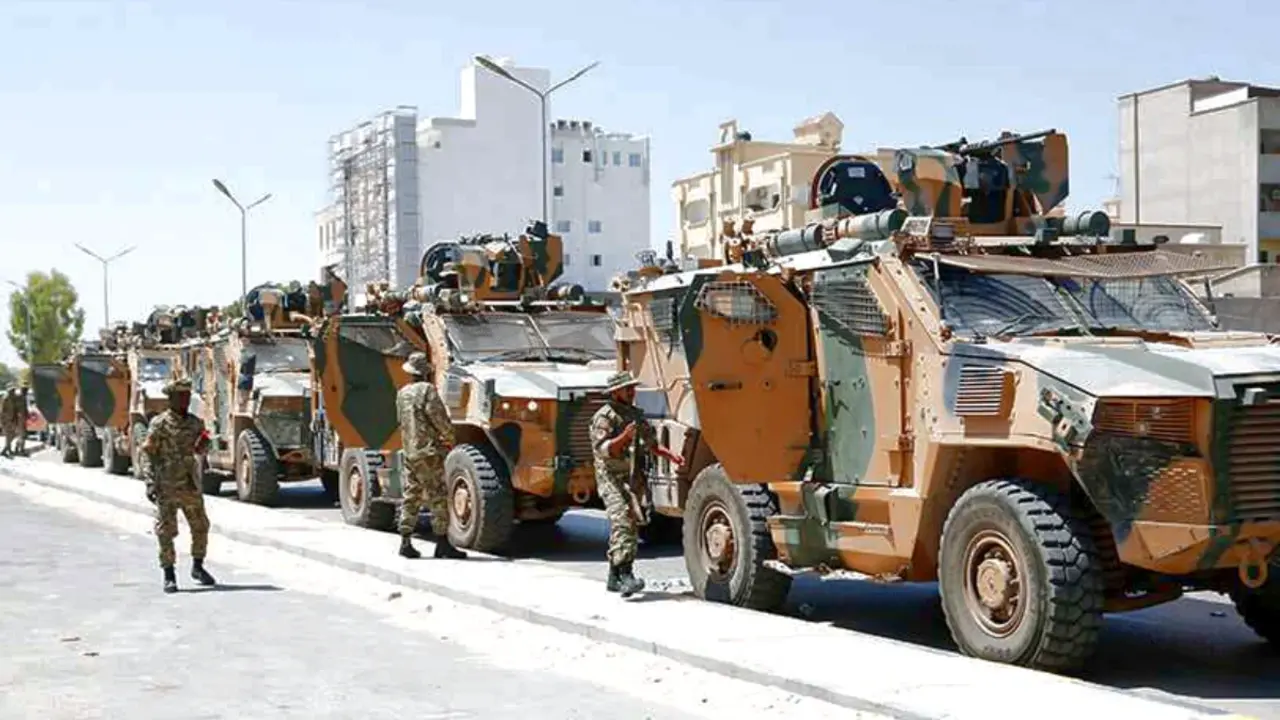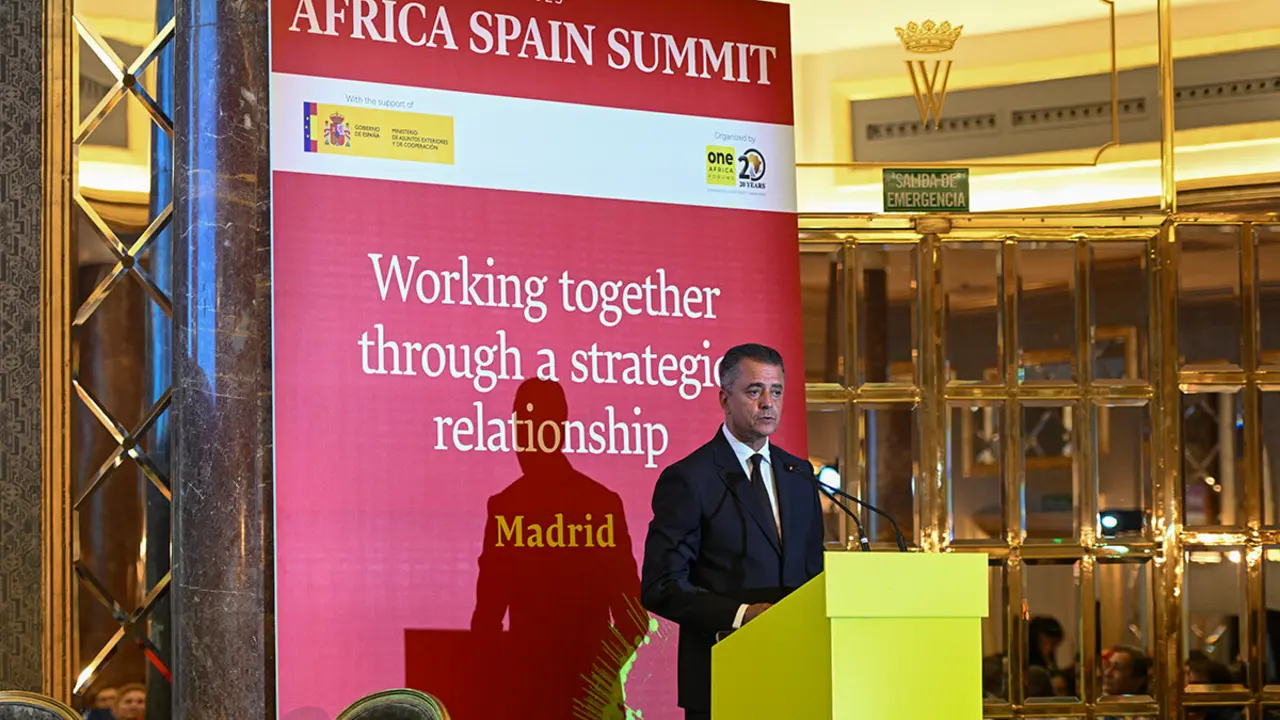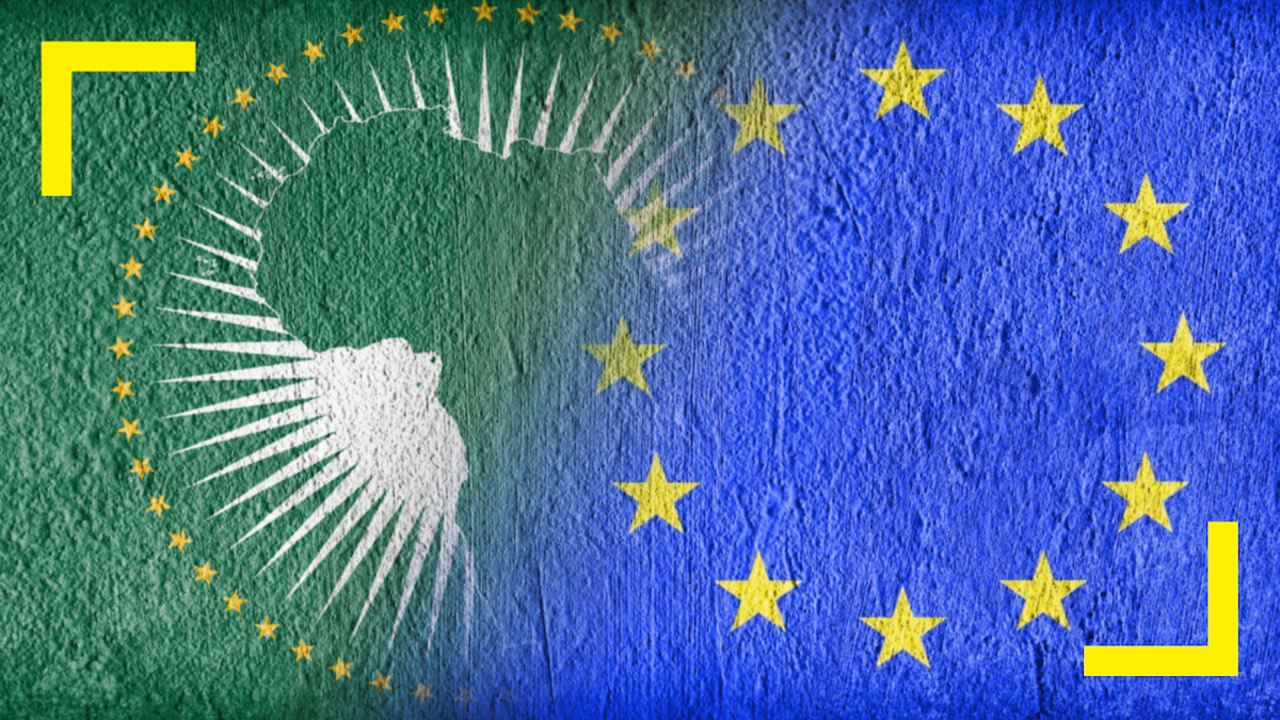Emirates and Qatar meet for the first time after the end of the blockade

It's official, a new chapter in relations between the Gulf countries is opening. Two delegations of senior representatives from the United Arab Emirates (UAE) and Qatar met on Monday in Kuwait for the first time since the signing of the Al-Ula agreement, which ended a three-and-a-half-year blockade of the Qataris by the Emirates, Saudi Arabia, Bahrain and Egypt.
Since the beginning of the crisis in June 2017, Kuwait has mediated between Doha and the drivers of its isolation, Saudi Arabia and the United Arab Emirates (UAE), seconded by Bahrain and Egypt. These four countries accused Qatar of Islamist sympathies, support for terrorism and collusion with Iran, which the Qatari leadership has always rejected, while attributing the embargo to an attempt to limit its sovereignty.

Since Saudi Arabia, the UAE, Bahrain and Egypt cut diplomatic ties with Qatar, they have been subjecting their neighbour to a trade boycott that includes closing borders and suspending air and sea connections. Doha has denied these accusations from the outset and has endured three and a half years of trade and diplomatic blockade by its neighbours, preventing Qataris from doing business with these countries or even flying over their airspace.
Until then, the Arab quartet had imposed a series of conditions on Qatar to restore ties, such as the closure of its Al-Jazeera television network and the departure of Turkey's military contingent from the country.
Rumours of an end to the blockade that Qatar has been suffering for the past four years became increasingly apparent, especially after the announcement of the agreement between Saudi Arabia and Qatar to open their airspace, land and sea borders. The news came on the occasion of the 41st summit of the Gulf Cooperation Council (GCC).

According to the Emirati news agency WAM, the two delegations discussed "joint mechanisms and procedures" for the implementation of the Al-Ula declaration, which was signed on 5 January in Doha to put an end to the diplomatic and commercial blockade against Doha.
According to WAM, the two sides stressed the importance of "preserving the cohesion of the Gulf Cooperation Council", a regional body that brings together six countries in the oil-rich Persian Gulf region.
They also agreed to develop a joint action plan in the interests of the GCC countries and their citizens, "to achieve stability and prosperity in the region", the source said, without elaborating on the content of the meeting.
This is the first time representatives of the two countries have met face-to-face since the signing of the Al-Ula agreement, in which Saudi Arabia, the UAE, Bahrain and Egypt, after mediation by Kuwait and the US, made peace with Qatar.
Sheikh Nawaf al-Ahmad al-Sabah, the emir of Kuwait, as the country that has made the greatest effort to end the crisis, did not miss the opportunity to praise these countries for making it possible to end the hostilities.

However, the details of the Al-Ula agreement and whether these requirements have been removed from the list of the so-called Arab quartet are as yet unknown.
It now appears that this trend may be changing towards Qatar; a change represented by the Qatari emir Al-Thani's attendance at the GCC summit and the Emirati foreign ministry's statement that the aim of the summit is to restore Arab unity in the Gulf. All of this is aimed at pacifying the Middle East region, one of the main objectives of recent political movements that have led to the establishment of diplomatic ties between various Arab countries such as the UAE and Bahrain and Israel under the auspices of the United States.








